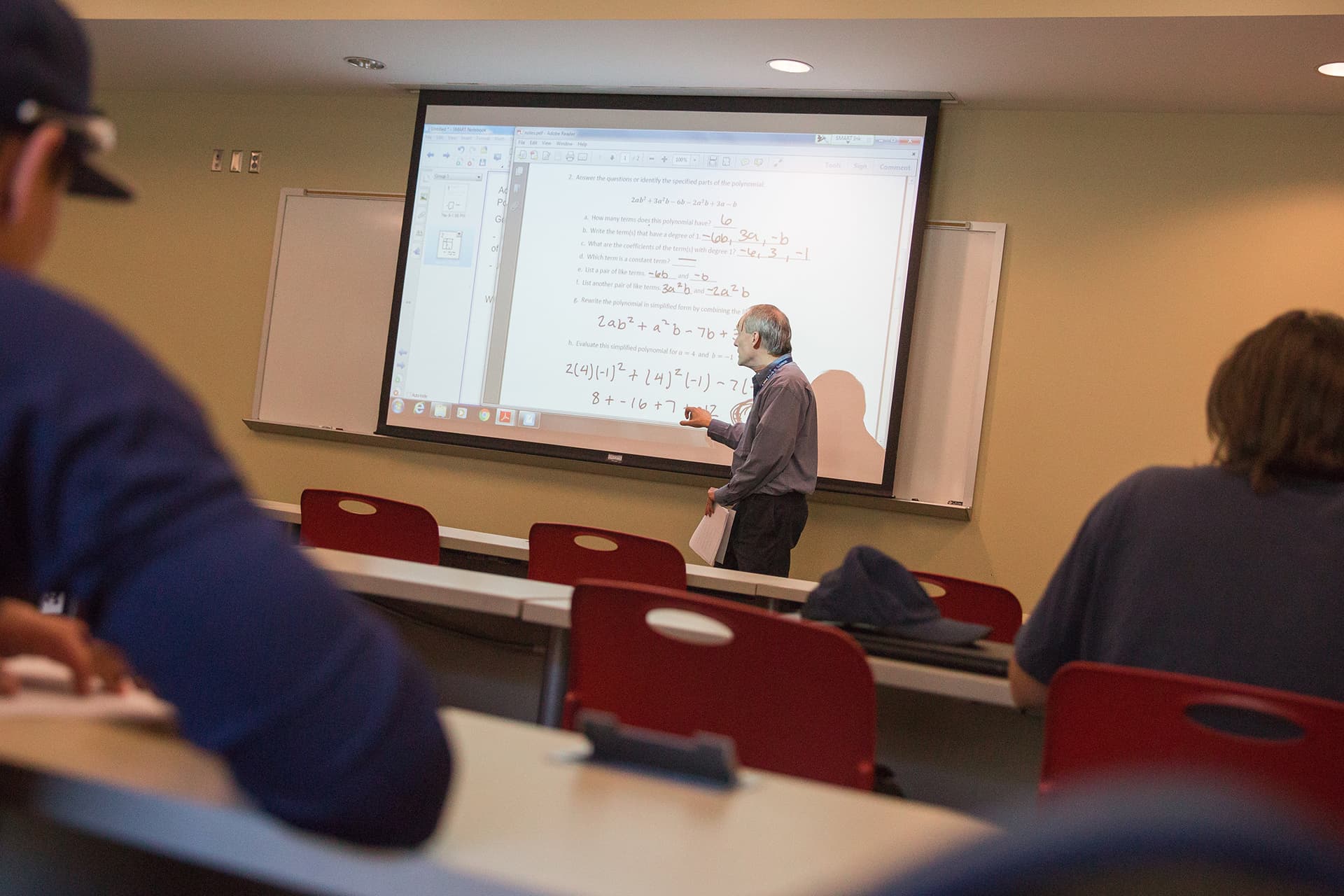
The mathematics program at LMU is designed to provide students with a thorough knowledge of math’s essential fields such as number theory, set theory, logic, algebra, and analysis. Graduates will explore various realms of mathematics with a variety of core course work along with courses in Differential Equations or the History of Math, depending on one’s track. A degree in math can lead to many professional programs and career opportunities.
Students who are analytical, enjoy problem-solving, and have a strong aptitude for math are often drawn to mathematics as a major. They may excel in high school math courses, particularly advanced placement and honors classes. Some may be interested in the theoretical aspects of mathematics, while others are attracted to its applications in various fields such as biology, chemistry, physics, and business. Mathematics graduates could find positions in areas such as: accounting, banking, finance, management sciences, and other business-related occupations; data analysis; actuarial science; statistician cryptology; engineering and quality control; or higher education for those who pursue graduate studies in mathematics.
Check out the 4-year plan to see what your time here would look like.
Those who do pursue teacher licensure will study non-traditional methods of problem solving in Mathematics for the Secondary Classroom, and have the opportunity to participate in hands-on activities in Discrete Math and Geometry. Graduates from this track earn a teacher licensure and go on to teach math in the secondary education setting.
Check out the 4-year plan to see what your time here would look like.
Small student-to-faculty ratio affords more individualized attention.
Many upper-level courses such as Discrete Math and Geometry allow students the opportunity to participate in hands-on activities. Additionally, those who do not pursue teacher licensure take Differential Equations and will have in-class opportunities to participate in mathematical modeling; high-performing and highly motivated students also may have the opportunity to represent the university in external modeling competitions.
All students pursuing the major must complete a SEWS (Sequential Enhancement of Writing Skills) project at both the junior and senior levels; while typically these projects are expository papers that allow students to expand both their mathematical knowledge and writing skills, these projects also may take the form of undergraduate mathematical research.
Graduates can pursue careers in a variety of fields from business related to data analysis to engineering and teaching.
Mathematics
Business (MBA programs)
Education (M Ed, both continuing education and initial teacher licensure)
Data Analysis/Data Science
Biomedical Engineering
Computational Biology (student also earned a degree in biology)
Chemistry, physics, and computer science (students earned a degree in one of these fields in addition to a major or minor in mathematics and leveraged their mathematical abilities)
University of Tennessee – Knoxville
University of Tennessee – Chattanooga
East Tennessee State University
Middle Tennessee State University
Colorado State University
University of Connecticut
University of Texas – San Antonio.
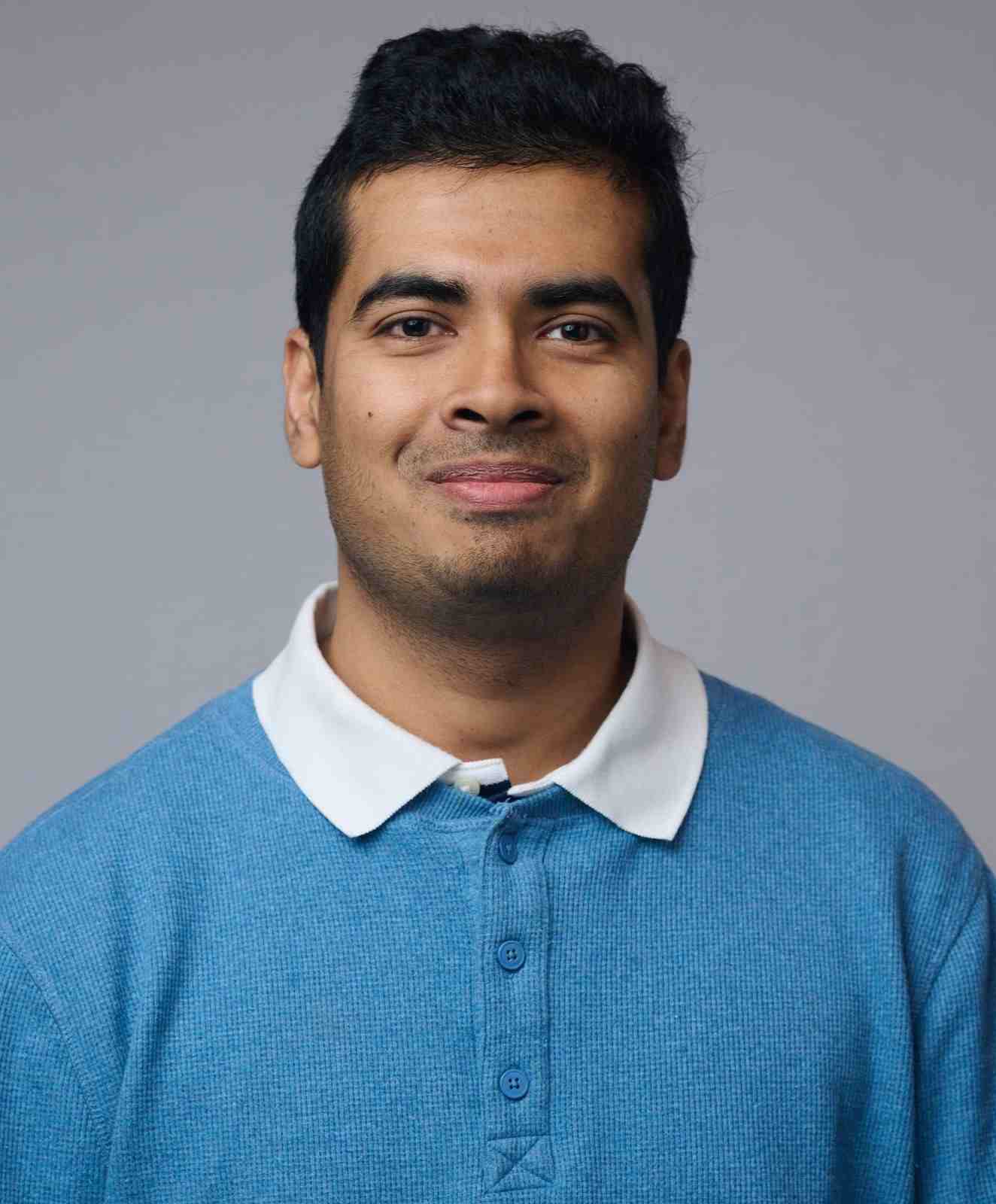
Research Interests: Ultrafast phenomena, nonlinear optics, time-dependent density functional theory (TDDFT), and computational modeling of excitonic and electron–electron correlation effects in quantum materials
Courses: Introduction to Physics (PHYS 100/L), General Physics I & II (PHYS 211/L & 212/L), Introduction to Electronics (PHYS 350/L)
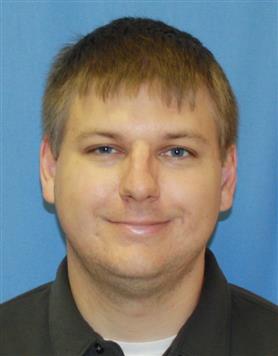
Research Interests: Algebra and linear algebra, with a focus on matrix powers, as well as applying linear regression in problem solving
Courses: Trigonometry (MATH 120), Calculus I-III (MATH 150, 250, and 255), Discrete Structures (MATH 220), Probability and Statistics (MATH 270), Mathematical Probability with Statistics (MATH 370)
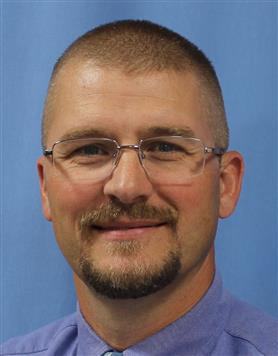
Courses: Introduction to Algebra (MATH 099), Transitional College Mathematics (MATH 105), Reasoning and Problem Solving (MATH 110)
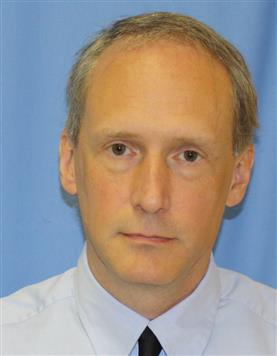
Research Interests: Applied mathematics as it pertains to biology, physics, and chemistry (both current and historical applications), specifically with an emphasis on numerical approximations to differential equation that model problems in biology, physics, and chemistry
Courses: Transitional College Mathematics (MATH 105), College Algebra (MATH 115), Trigonometry (MATH 120), Calculus I-III (MATH 150, 250, and 255), Differential Equations (MATH 350), Geometry (MATH 380), History of Math (MATH 390), Mathematical Methods in Chemistry (MATH 310)
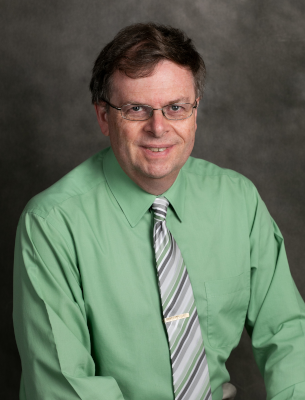
Research Interests: Number theory, mathematics education, and the history of mathematics
Courses: Transitional College Mathematics (MATH 105), Reasoning and Problem Solving (MATH 110), Calculus I-III (MATH 150, 250, and 255), Discrete Math (MATH 220), Intro to Advanced Math (MATH 300), Linear Algebra (MATH 365), Introduction to Real Analysis (MATH 450), Modern Algebra (MATH 460)
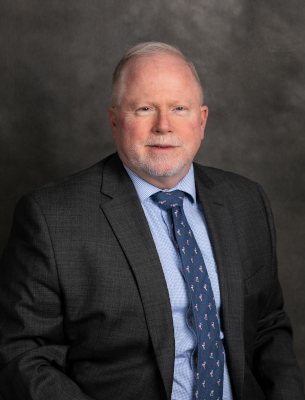
Interests: Mathematics education and pedagogy, specifically how young children learn mathematics
Courses: Reasoning and Problem Solving (MATH 110), College Algebra (MATH 115), Trigonometry (MATH 120)
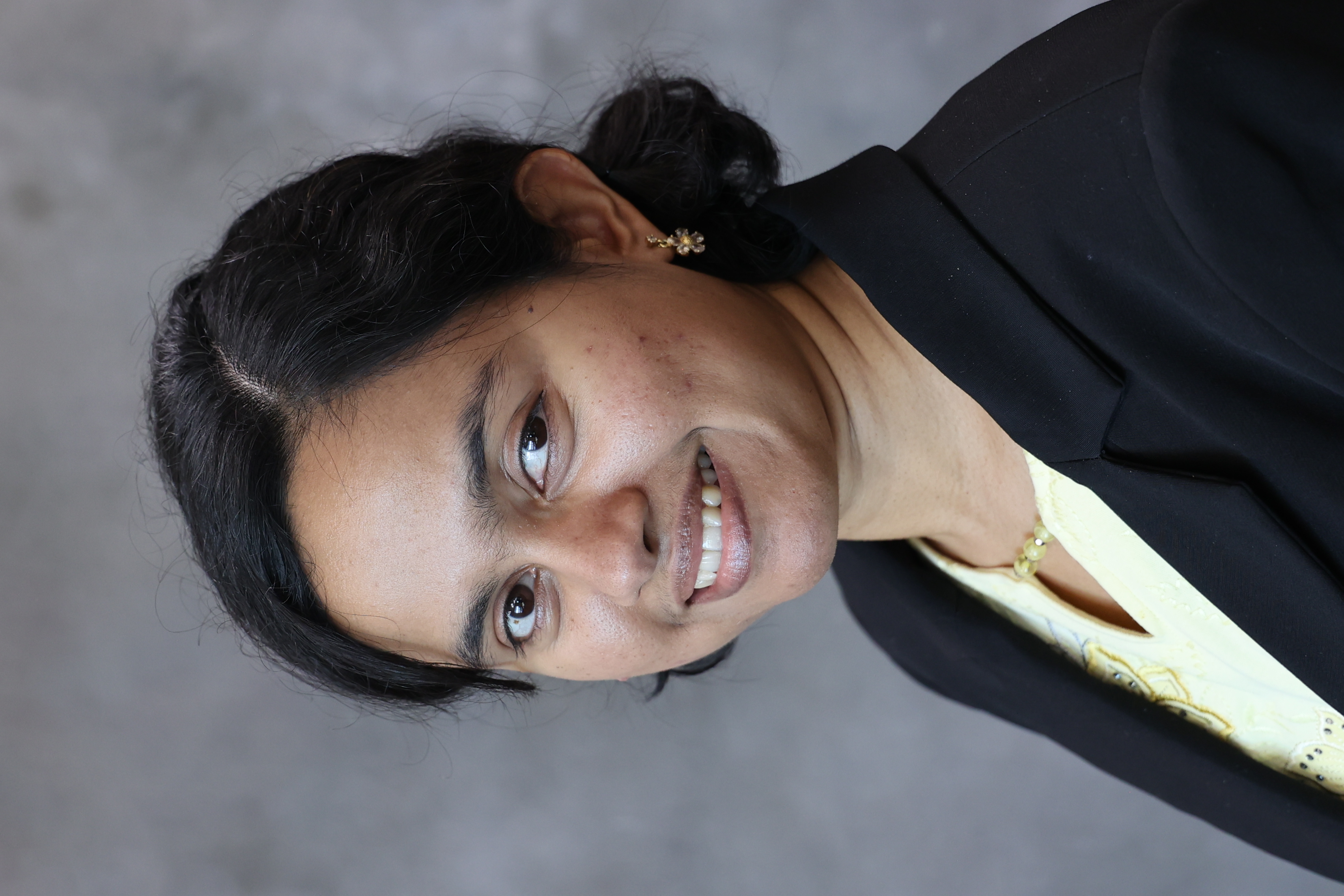
Courses: Introduction to Physics (PHYS 100/L), Calculus Based Physics I & II (PHYS 151/L & 152/L), General Physics I & II (PHYS 211/L and 212/L)
For more information about Mathematics, please contact:
Dr. Jeffrey Darrow | 423.869.6420 | Jeffrey.Darrow@lmunet.edu